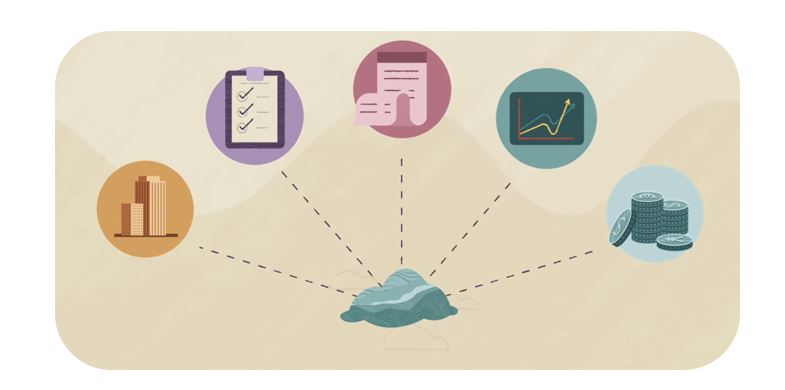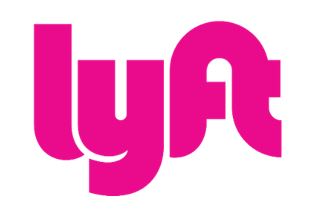
Prioritize speed
Businesses need to move quickly to act on data, operate with a model that fosters agility, meet the rapidly changing expectations of customers, and outpace competition. While speed can be difficult to cultivate and orchestrate, it has unceasing priority for many organizations. Of the nine keys to becoming a future-ready company, the management consulting firm McKinsey notes several imperatives related to speed, including the need to turbocharge decision making.
Financial reporting speed
This need for speed is also present with accounting practices, which might seem stodgy and staid but are an area of business velocity because of the critical nature of understanding what has taken place. Of greater importance is using that historic knowledge to project ahead, double-down on advantages, and minimize inefficiencies—all factors that appear in the numbers reported.
As noted in a recent Fast Company article, “Why businesses must accelerate the pace of financial reporting,” companies need accurate numbers fast, not only to satisfy statutory and government requirements, but to get key information to decision-makers, so they can make the best choices for the business going forward.
Reporting requirements
About those statutory and government requirements… Over the past 20 years, the U.S. has increased the regulations that govern public corporations’ actions and with which they must comply. The passage of Sarbanes-Oxley in 2002 and Dodd-Frank in 2010 have together increased the costs and complexities of preparing accounting statements. And more requirements are under consideration as the U.S. Securities and Exchange Commission (SEC) is taking input on enacting new reporting requirements disclosing the impact of climate change on performance.

Advantage of the cloud
We see publicly traded companies addressing both the need to close their books quickly, while also complying with increased reporting requirements. Here, the cloud can bring significant advantages for the deployment of applications, access to data, implementation of analytics, and efficiency of operations.
Lyft, Inc.
A strong example within Oracle’s customer base is Lyft, a transportation network company with operations in the U.S. and Canada. It develops, markets, and operates the Lyft mobile app, offering car rides, scooters, and a bicycle-sharing system. While they were reimagining the future of transportation, behind the scenes, the company had gone from a high-growth startup to a publicly traded enterprise processing billions of transactions a year, and its systems hadn’t kept up.
“The world’s going a thousand miles an hour, so for me to say, ‘Wait, I need another week’ just doesn’t work anymore,” said Lisa Blackwood-Kapral, chief accounting officer at Lyft. “Oracle is reimagining the financial systems footprint. It’s a true transformation at Lyft with the products we’re implementing.”
By working with Oracle across their cloud infrastructure, database, enterprise resource planning, and analytics needs, Lyft sped up their financial reporting. In fact, they reduced time to close the financial books by 75%.
For Lyft’s finance team, closing the financial books faster isn’t just an accounting timesaver, but also a means to grow faster by democratizing access to data. “When I get data fast and get it into the hands of my stakeholders, they can really run with business decisions to grow the company, which is our ultimate goal and our north star,” says Blackwood-Kapral.

Why Lyft chose Oracle
With both a complete suite of integrated cloud applications and a next-generation cloud infrastructure platform, Oracle is in a unique position to understand and meet the challenges of enterprises in the cloud.
Lyft turned to Oracle for its integrated Oracle Fusion Cloud finance, enterprise performance management, procurement, and risk management applications. They also implemented Oracle Autonomous Database and Oracle Analytics Cloud, running on Oracle Cloud Infrastructure.
Having finance, operations, and analytics on one system ensures that everyone at Lyft knows where to turn for information and insights.
Oracle Cloud
Get started today for free. Sign up for Oracle Cloud Free Tier and discover the benefits of Oracle Cloud Infrastructure.
